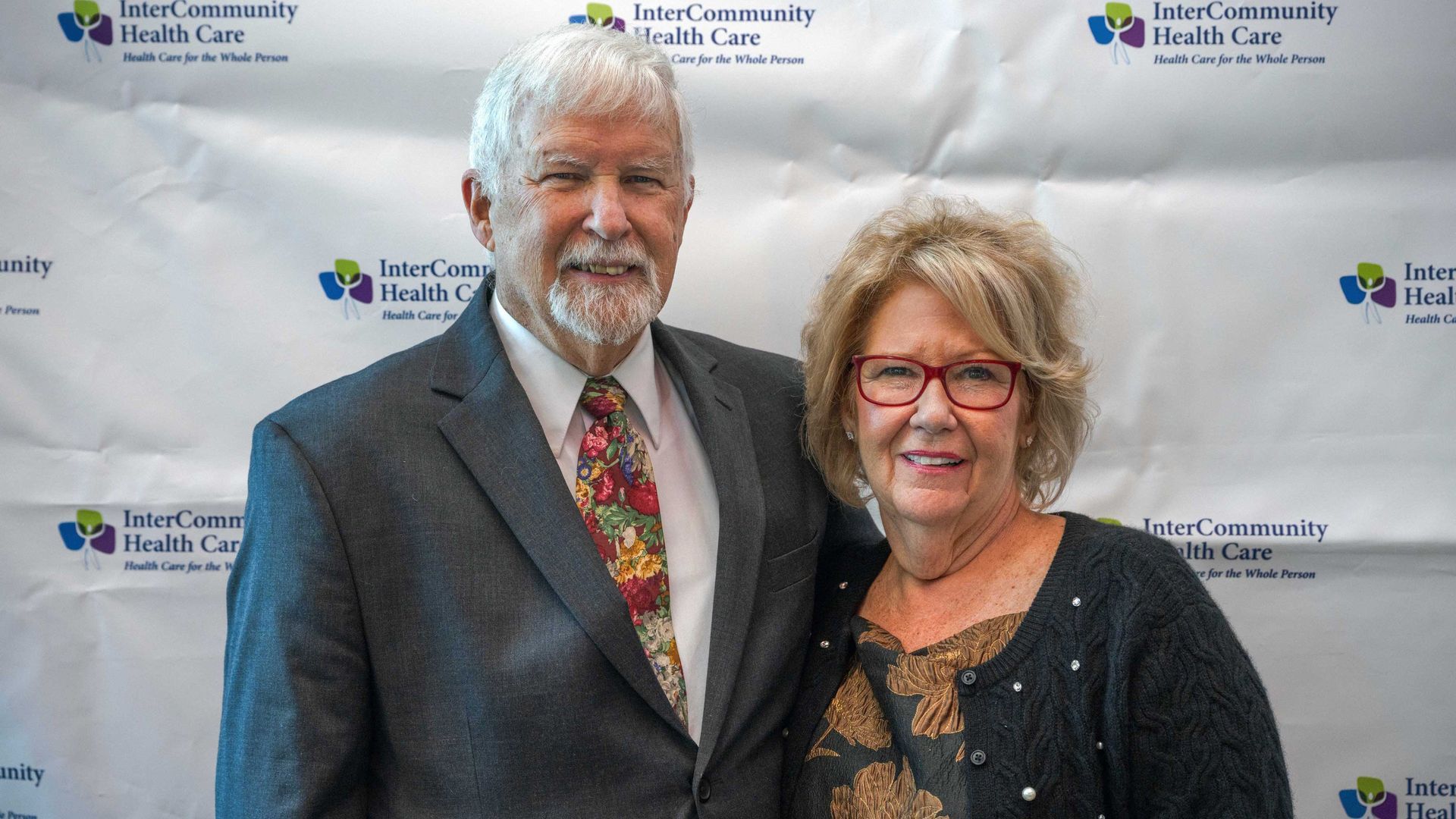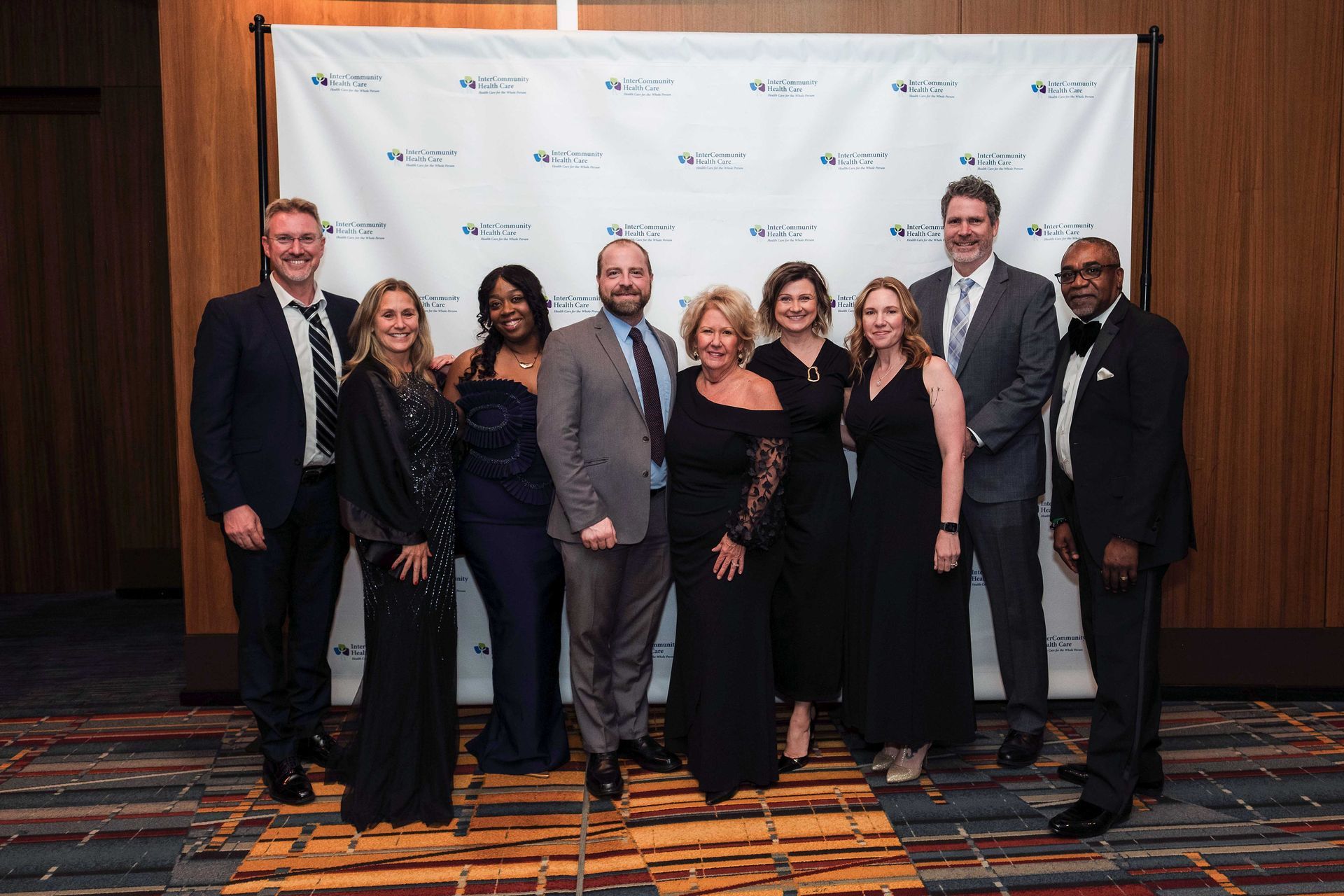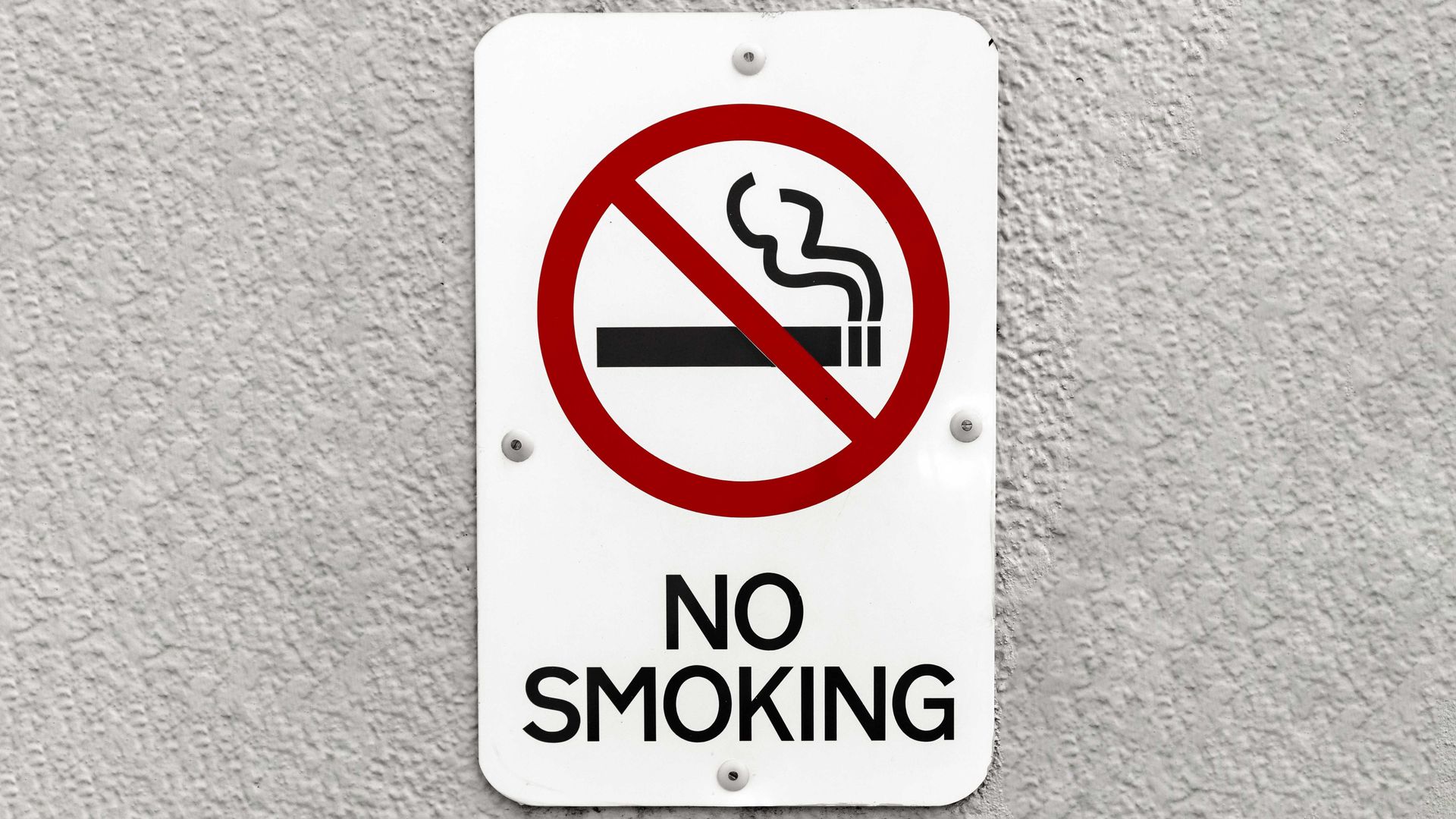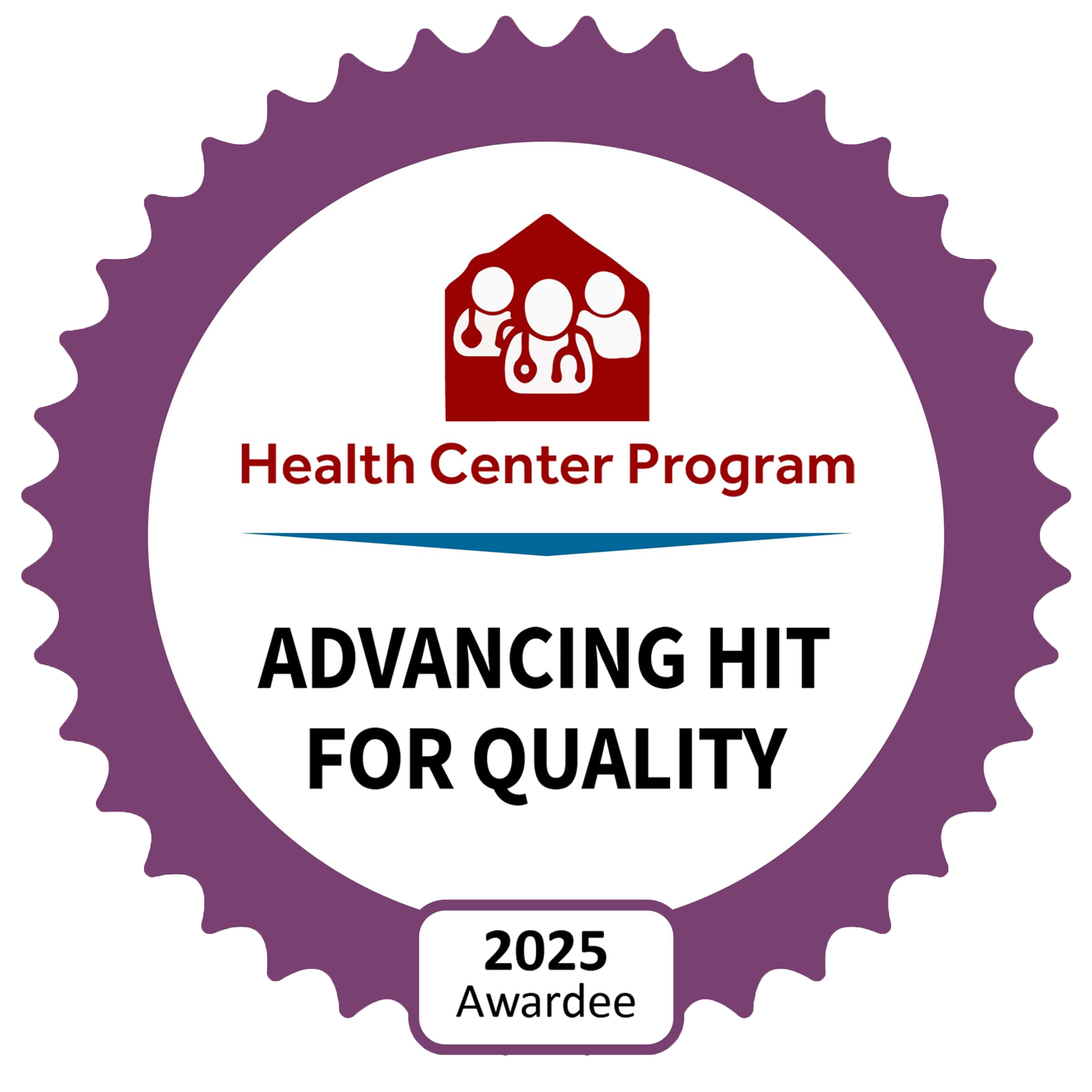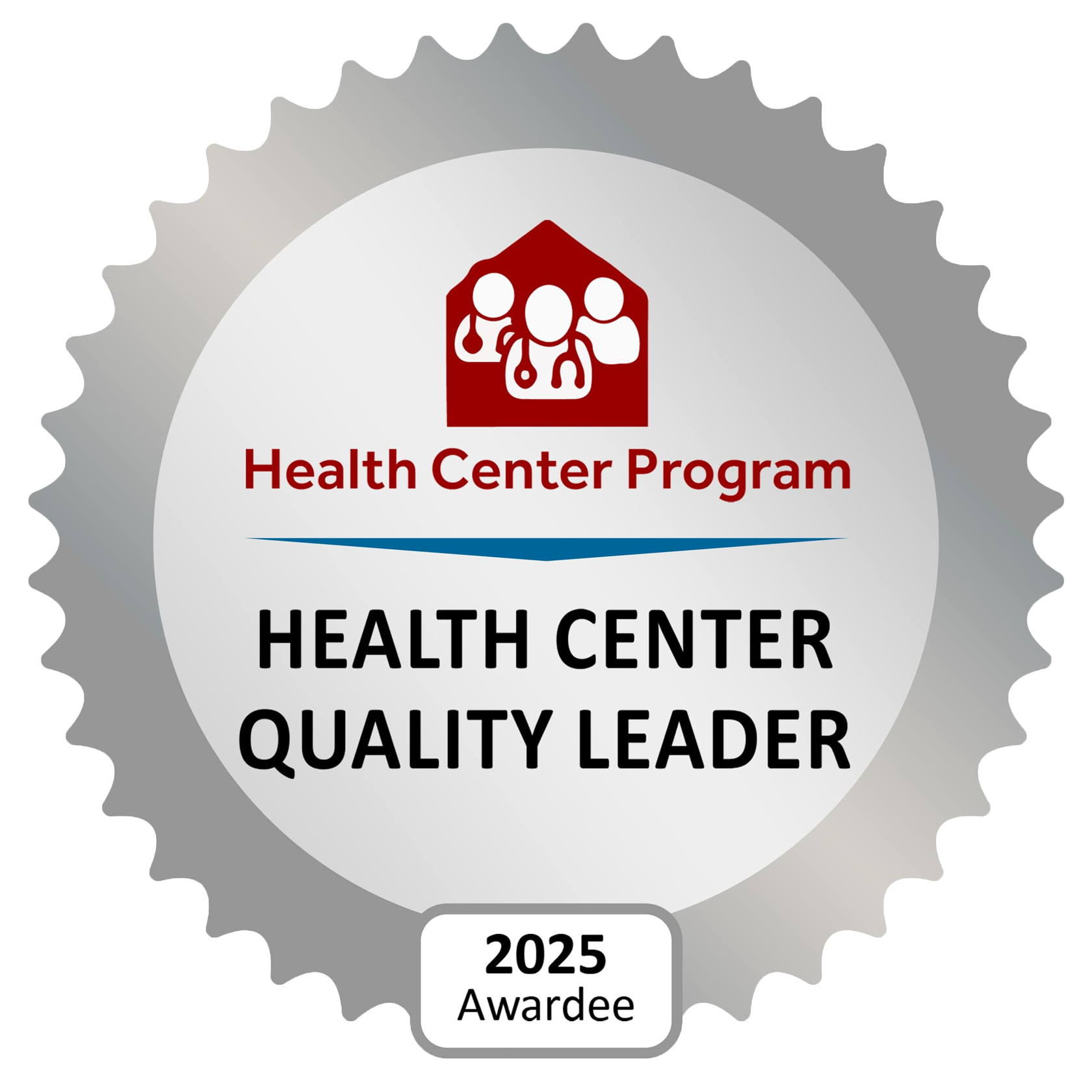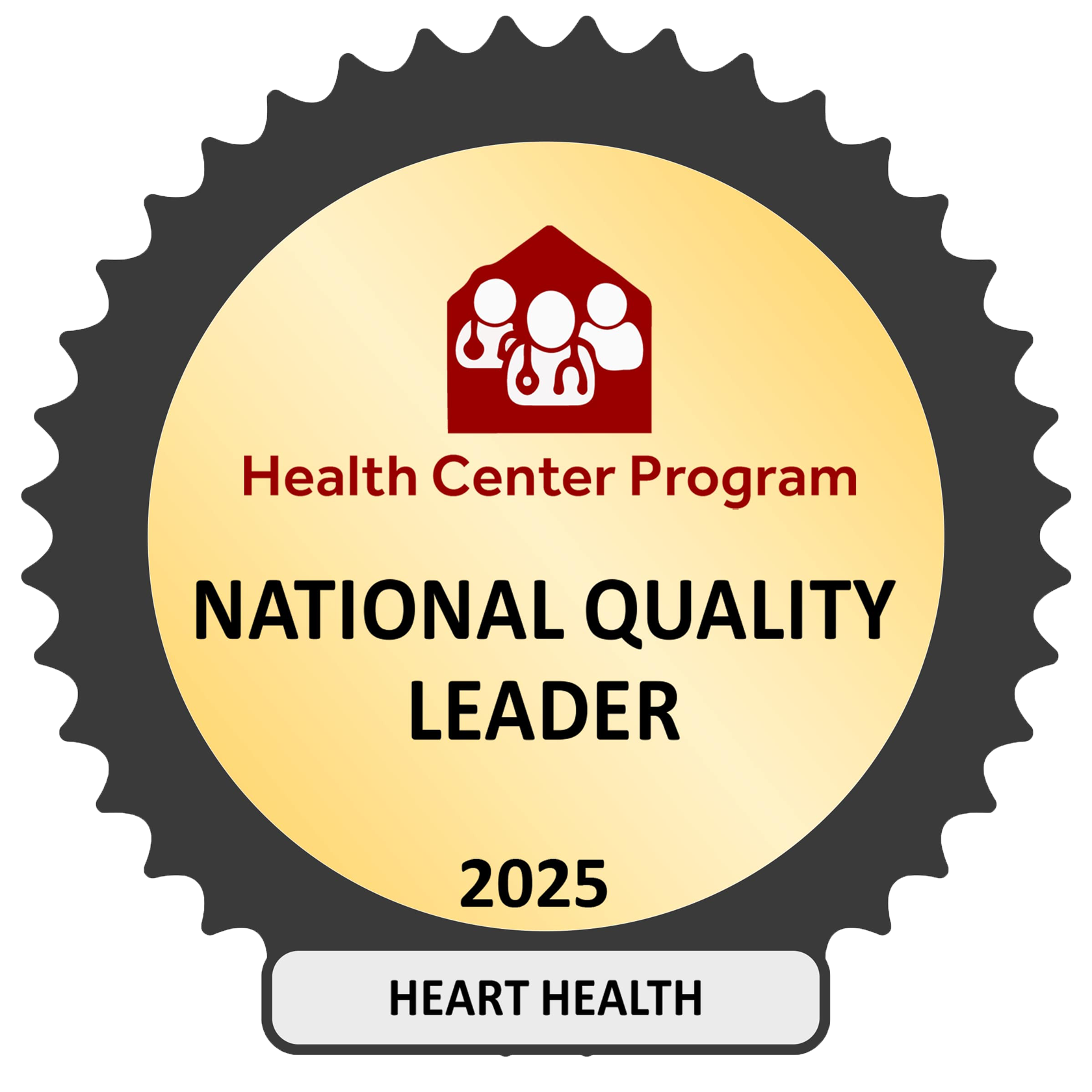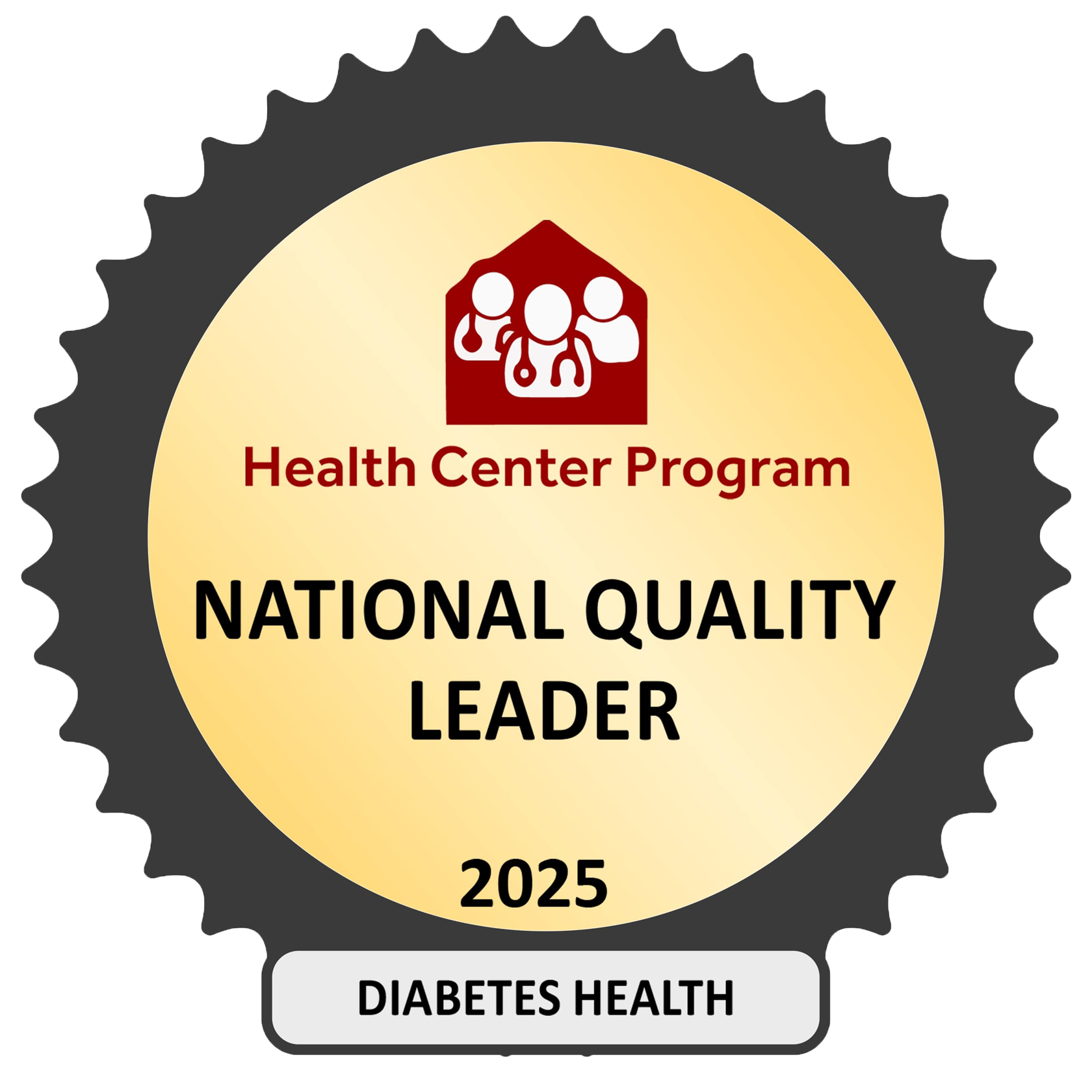March is Problem Gambling Awareness Month
For many people, gambling is a hidden addiction. National Problem Gambling Awareness Month is intended to raise public awareness about gambling disorder and the availability of prevention, treatment, and recovery services.
How do you know when gambling has crossed the line from a harmless activity to a problem? Signs include:
- Trying to control or stop gambling without success
- Being preoccupied with gambling; planning how to get more gambling money and lying about the extent of the time and money spent on gambling
- Gambling in spite of serious consequences, such as loss of a job, family conflict, divorce, or financial problems
- Gambling more in an effort to win back lost money
- Committing theft or fraud for gambling money
A gambling disorder can result in serious financial consequences and contribute to poor mental and physical health. The good news is, recovery is possible. Treatment for gambling disorder may include cognitive behavioral therapy and family therapy, medications such as anti-depressants and mood stabilizers, and self-help groups such as Gamblers Anonymous.
Although anyone can develop a gambling problem, gambling disorders are more common in men than women, and in young and middle-aged people. Research shows there are certain risk factors that can increase the likelihood of a gambling disorder, such as:
- Having a mental health disorder such as depression or anxiety, a personality disorder, or a substance use disorder
- Gambling starting from a young age or being regularly exposed to gambling in the home or with friends
- A tendency to be impulsive engage in other risky behaviors
The post March is Problem Gambling Awareness Month appeared first on InterCommunity.


